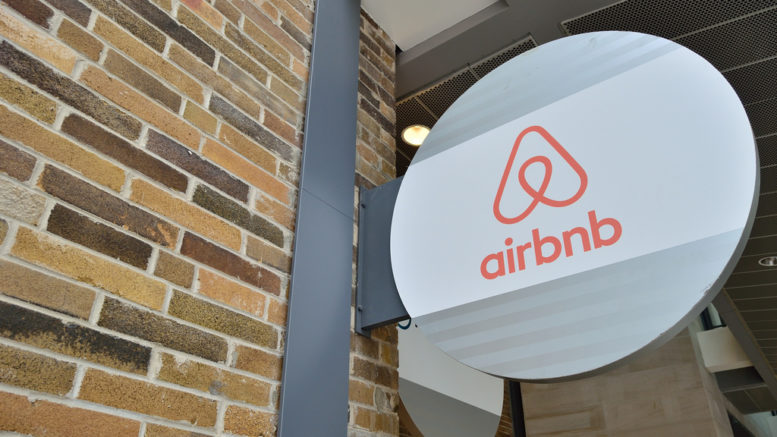Housing Secretary, Michael Gove, has unveiled significant proposals aimed at regulating the short-term rental market, including platforms like Airbnb. Under these proposed changes, individuals looking to rent out their properties on a short-term basis would be required to obtain planning permission from their local authority, marking a significant shift in the regulatory landscape.
This initiative seeks to counteract the issues identified by Gove as the “hollowing out” of communities, a phenomenon where the proliferation of short-term holiday homes impacts the availability of long-term housing for local residents. The proposed legislation introduces a new “use” category, obliging property owners to secure local government approval for short-term lets.
However, the new regulations offer an exemption for those renting out their primary residences for up to 90 days annually, ensuring that casual hosts are not unduly affected. Additionally, the establishment of a mandatory national register is on the cards, aimed at providing councils with vital data on short-term rentals in their jurisdictions.
Gove emphasised the dual objective of these reforms, stating, “These changes will ensure people have more control over housing in their cherished communities.” He further elaborated on the necessity of finding a middle ground, acknowledging the importance of short-term rentals to the tourism sector while highlighting the new measures as a way to make housing more accessible to locals.
Echoing this sentiment, Tourism Minister Julia Lopez underscored the importance of balancing the benefits of short-term lets with the housing needs of local communities. She affirmed the government’s commitment to a strategy that supports both the residents and the tourism industry.
In a positive response to the government’s announcement, Airbnb expressed its support for the new regulatory approach. Amanda Cupples, the company’s General Manager for Northern Europe, praised the introduction of a short-term lets register as beneficial for all stakeholders, from hosts to local authorities, and expressed Airbnb’s eagerness to contribute to its successful implementation.
These regulatory adjustments are part of a broader government strategy to address housing concerns, including the facilitation of transitions between short-term lets and standard residential dwellings through associated permitted development rights. This approach aims to provide local authorities with the flexibility to demand full planning permission in certain cases, ensuring that the new rules specifically target short-term rentals without impacting hotels, hostels, and B&Bs.
The government plans to reveal more details about the implementation timeline and the specific provisions of the new regulations, with the changes expected to roll out starting this summer.








